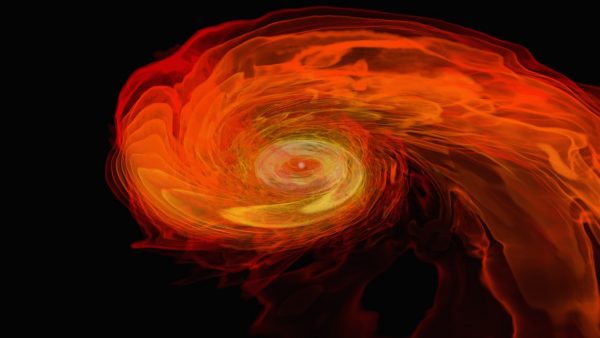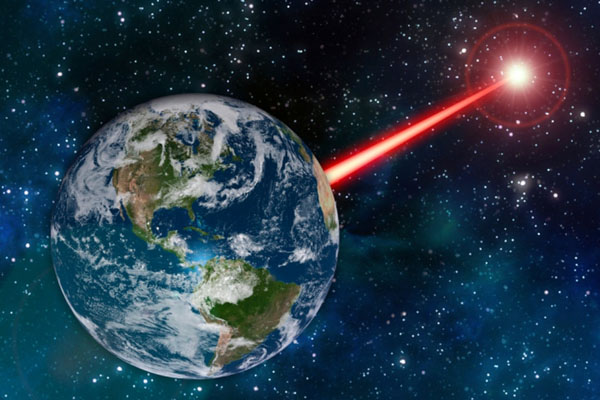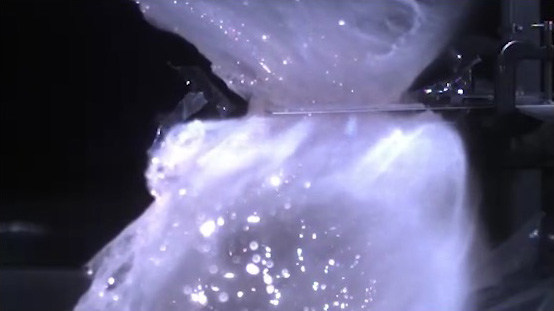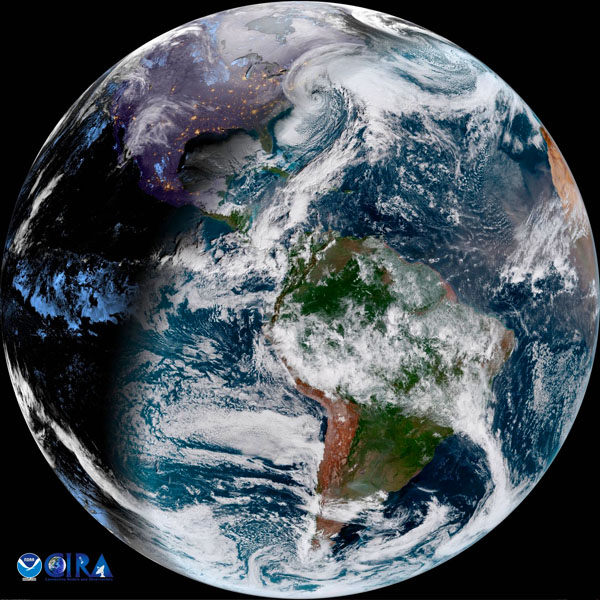SPACE: Did A Neutron Star Collision Shower Early Earth With Elements Crucial for Life?
Two astronomers think they’ve pinpointed the ancient stellar collision that gave our solar system its cache of precious gold and platinum — some of it, anyway. In a new study published May 1 in the journal Nature, the duo analyzed the remnants of radioactive isotopes, or versions of molecules with different numbers of neutrons, in a very old meteorite. Then, they compared those values with isotope ratios produced by a computer simulation of neutron star mergers — cataclysmic stellar collisions that can cause ripples in the fabric of space-time. The researchers found that a single neutron star collision, starting about … Read more












